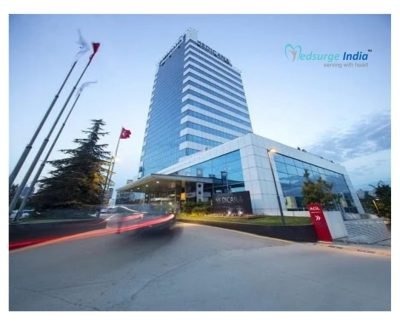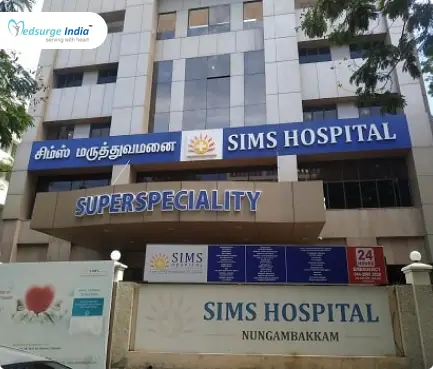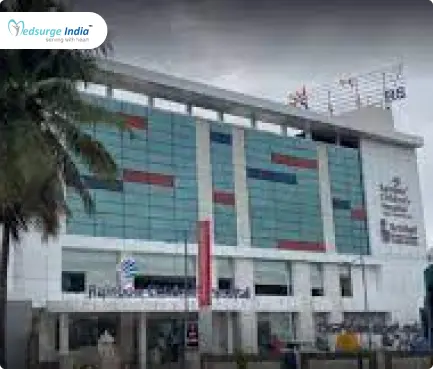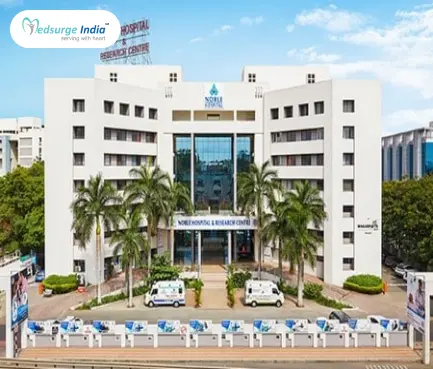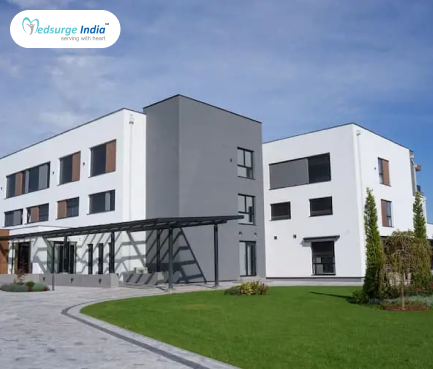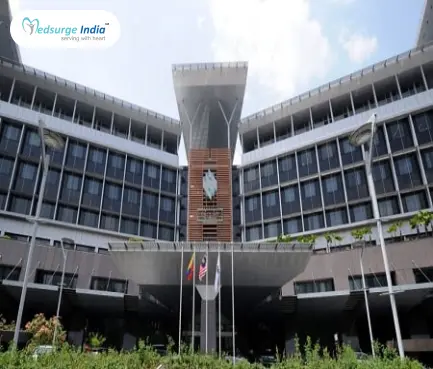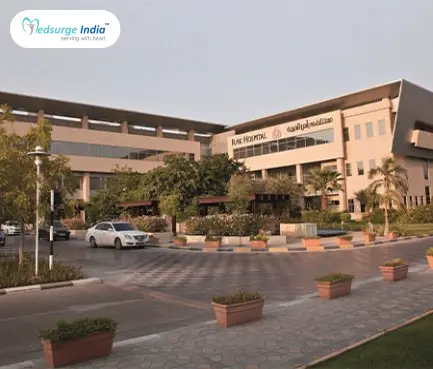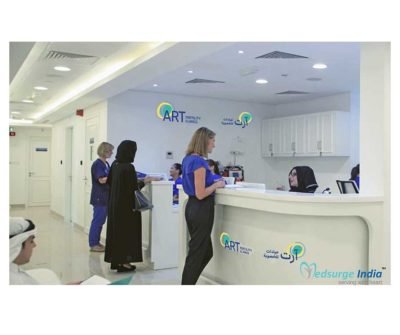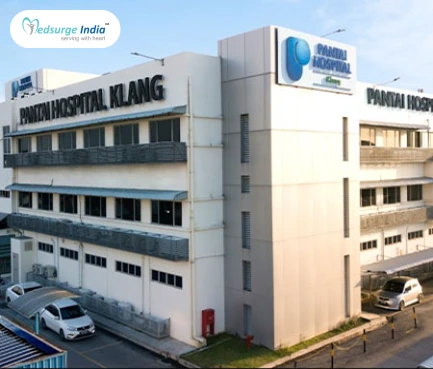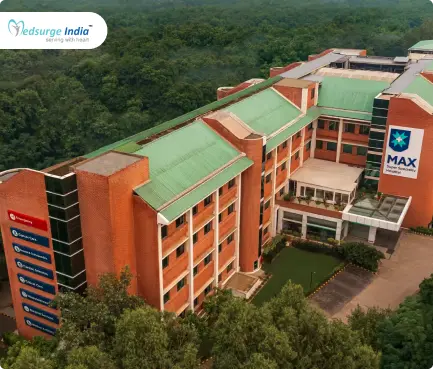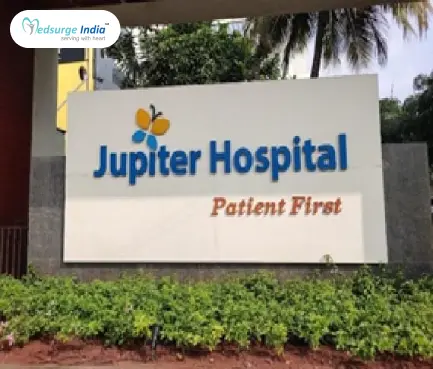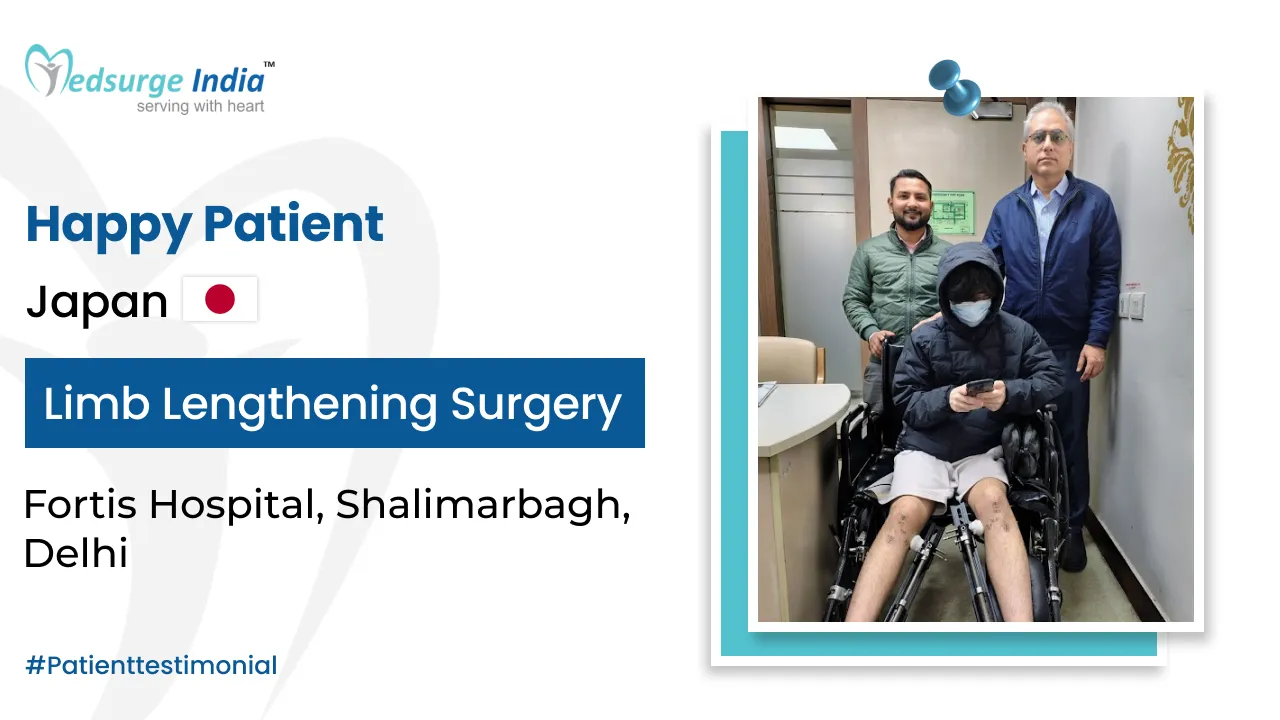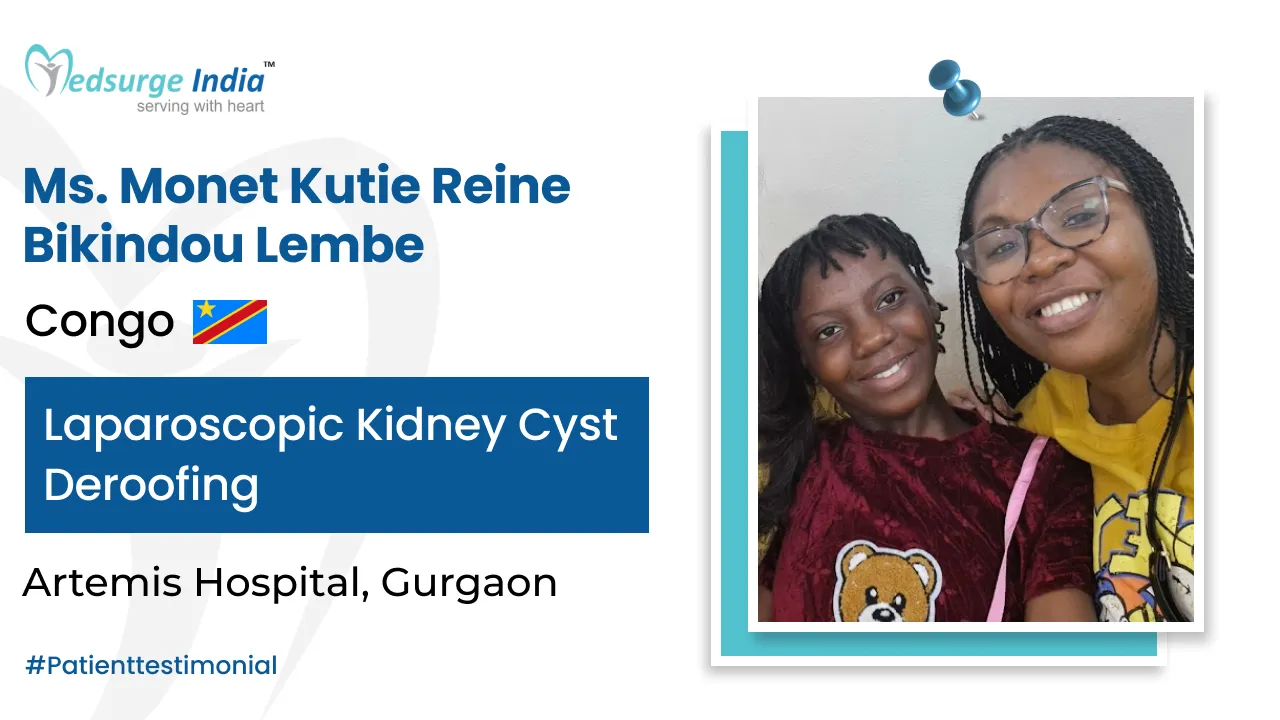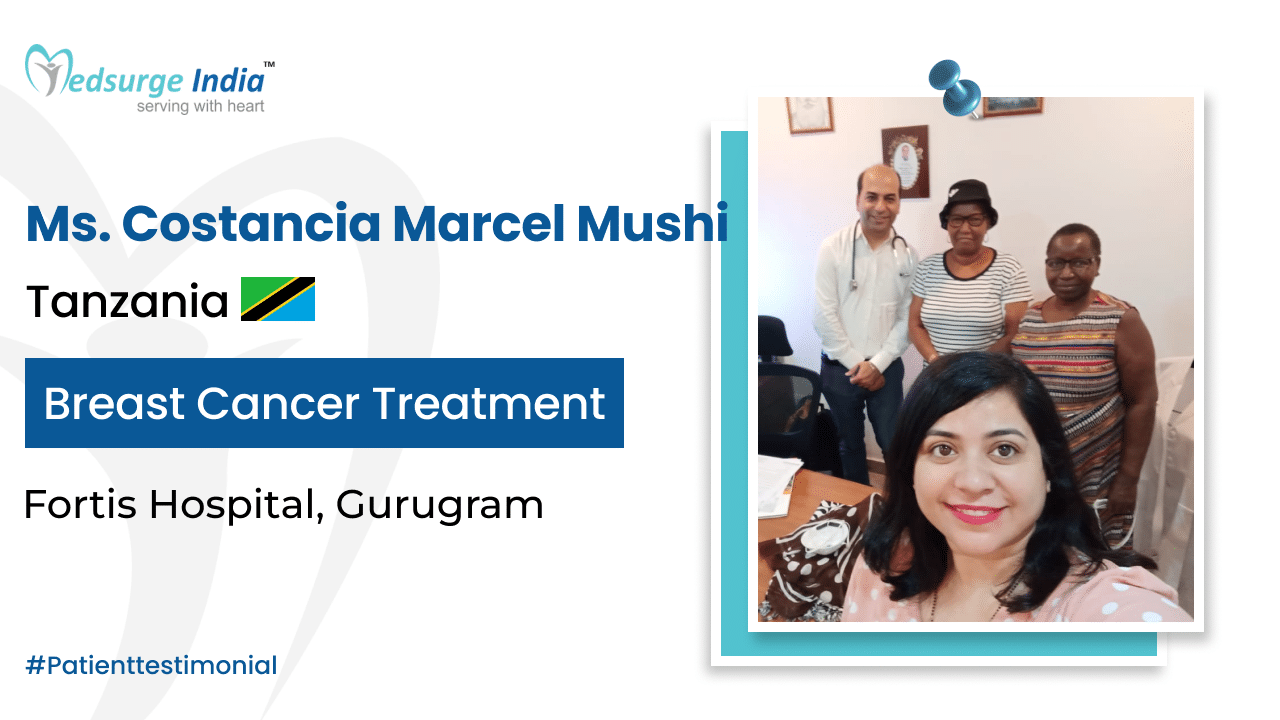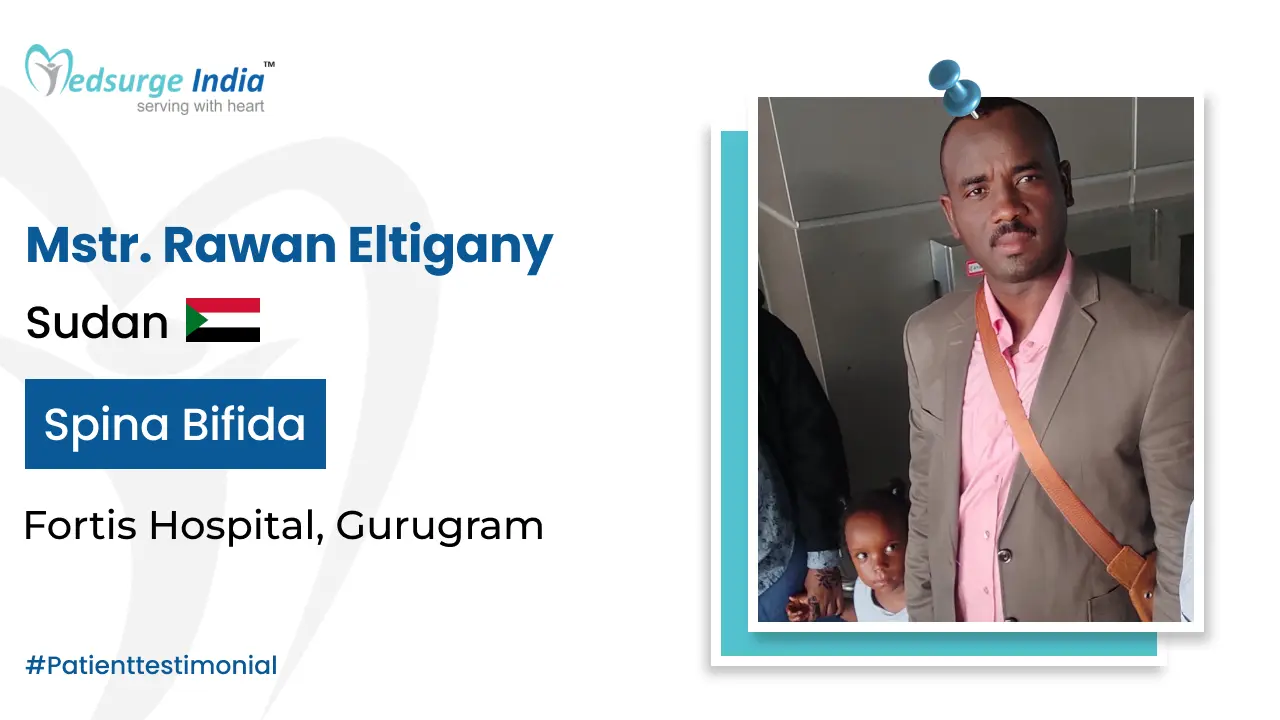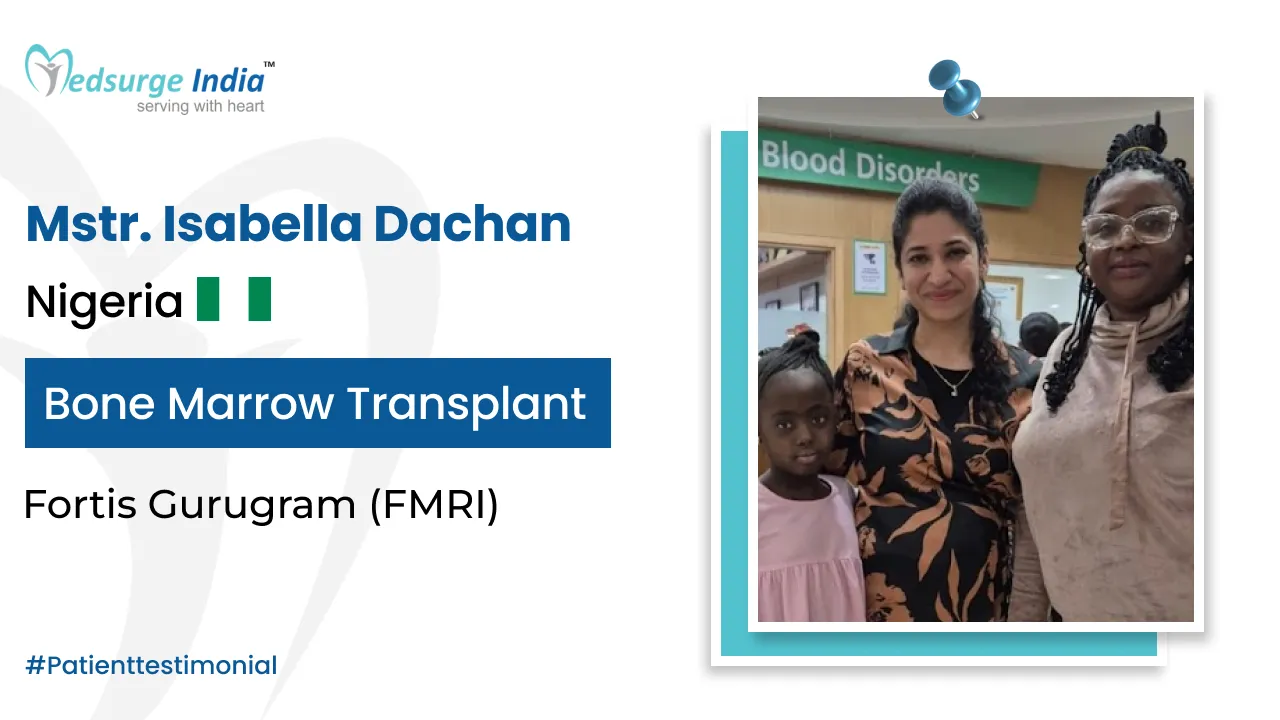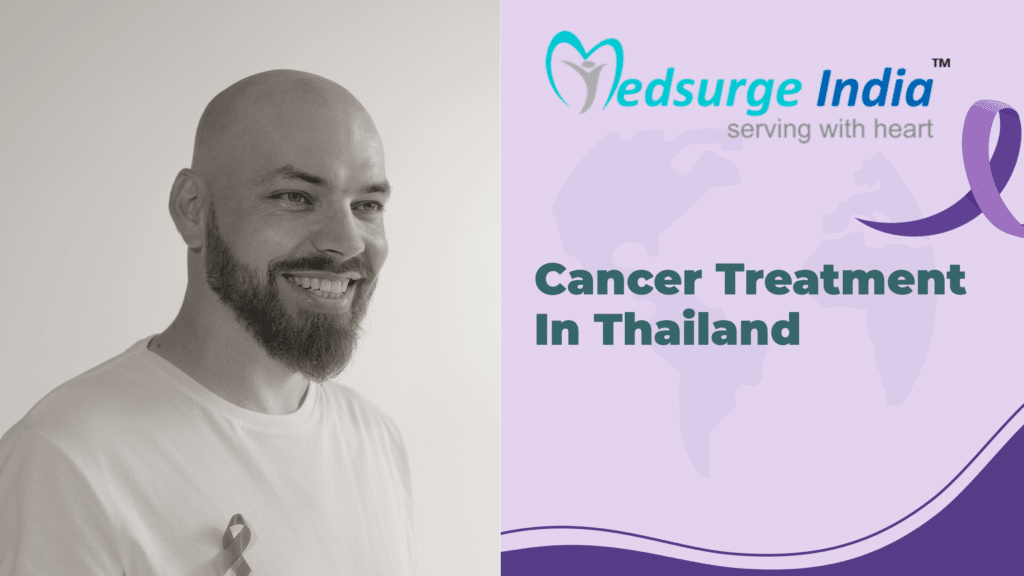
Cancer Treatment in Thailand is a comprehensive and rapidly advancing field, with a healthcare system that combines modern facilities with highly trained healthcare professionals, and a focus on holistic patient care. The country has made significant strides in cancer treatment offering a range of options to meet the needs of both domestic as well as international patients.
Thousands of people travel for cancer treatment in Thailand as the country not only provides some of the best prices for the treatment but the hospitals and the experts strive to provide quality care to each of its valuable patients. They have over decades of experience in treating cancer by incorporating leading-edge and comprehensive treatment options paired with a devoted and expert medical team, thus making one of the best cancer centers.
What is Cancer?
A medical condition known as cancer arises when the cells in your body proliferate more quickly than they should. These aberrant cells clump together to create a mass, often known as a tumor. To assess the scope and gravity of your cancer, your physician may suggest testing. After that, a number will be assigned to your diagnosis. The larger the number, the greater the spread of cancer.
Most malignancies progress via four stages. The size and location of the tumor are two factors that determine the precise stage:
Stage I: The cancer is contained to a small location and has not progressed to adjacent tissues or lymph nodes.
Stage II: The cancer has expanded but not metastasized.
Stage III: The cancer has grown larger and might have reached other tissues or lymph nodes.
Stage IV: The cancer has progressed to other organs or body parts. Metastatic or advanced cancer are other names for this stage of the disease.
What Are The Symptoms of Cancer?
Cancer is an intricate illness. Cancer can exist for years without showing any symptoms and in other cases, cancer may present with observable symptoms that rapidly worsen. Numerous signs of cancer mimic those of other, less dangerous diseases. Certain symptoms are not indicative of malignancy. If there is a change in your body that lasts longer than two weeks, you should generally consult a healthcare provider.
You may have symptoms such as:
1) Persistent coughing or difficulty breathing
2) Having trouble swallowing
3) Consistent heartburn or discomfort following a meal
4) Regular pain in the muscles or joints
5) Persistent fevers or sweats that don’t go away
6) Inexplicable bruises or bleeding
7) Tiredness
8) Feelable thick spot or lump under the skin Weight fluctuations, including inadvertent gain or loss, etc.
What Are The Causes of Cancer?
Cancer has multiple etiological factors. According to researchers, cancer is the result of numerous elements interacting with one another. The individual’s genetic, environmental, or constitutional traits could be the contributing variables. It is estimated by medical researchers that hereditary genetic alterations that are uncontrollable account for 5% to 12% of all cancer cases. Cancer most often results from an acquired genetic mutation. You accumulate acquired genetic mutations during your lifetime. Experts studying cancer have discovered a number of risk factors that increase your likelihood of developing the disease.
Certain individuals are born with genetic mutations inherited from their parents. Such situations are hardly common. Numerous environmental variables have the potential to induce gene mutations and therefore contribute to the development of cancer. These risk factors include chronic inflammation, smoking, radiation, viruses, hormones, carcinogens (substances that cause cancer), and a poor exercise regimen.
Cancer can also result from an individual’s poor lifestyle choices. To lower your risk of developing cancer, you can easily modify your lifestyle choices, such as quitting smoking, drinking alcohol frequently, spending too much time in the sun, being obese, having blistering sunburns frequently, eating foods high in chemical preservatives, and so forth.
A person may potentially be more susceptible to cancer due to underlying medical issues. A number of long-term medical conditions, such as ulcerative colitis, can greatly increase your chance of developing specific cancers. It is known that approximately forty percent of lung and mouth cancers are caused by tobacco use. A fifth of cases of breast and uterine cancer are attributable to obesity. Its said that 30% of cases are brought on by unidentified causes, such as leukemia and pancreatic cancer, whereas cases of around 5% are brought on by eating foods high in preservatives, such as stomach and liver cancer. Breast cancer and ovarian cancer are caused by genetic abnormalities in about 10% of cases.
Types of Treatment Available For Cancer in Thailand?
Cancer can be treated with a wide range of techniques, medications, and ongoing research. Certain “local” therapies, like radiation therapy and surgery, are intended to treat a particular tumor or body part. Drug-based therapies (such as chemotherapy, immunotherapy, or targeted therapy) are typically referred to as “systemic” treatments because they have the ability to affect every part of the body. Let’s have a look at the most prevalent sorts of cancer treatment in Thailand.
Surgery: If a cancerous lesion hasn’t spread, it may be removed surgically. Your medical professional might suggest surgery. Combining radiation or chemotherapy with surgery, this treatment targets cancer cells that may linger after surgery or shrink a tumor prior to surgery.
Chemotherapy: One of the most prominent cancer therapies is chemotherapy. It kills cancer cells with potent medications. Chemotherapy can be administered intravenously by a needle inserted into a vein or as a pill. Healthcare professionals might occasionally be able to target chemotherapy directly at the afflicted location.
Radiation therapy: High radiation dosages are incorporated into this treatment to eradicate cancer cells. Radiation therapy and chemotherapy may be given in tandem by your healthcare provider.
Hormone therapy: Medical professionals might advocate hormones that inhibit other hormones known to cause cancer. Men and those born with a male sex gene, for instance, may be prescribed hormone therapy to maintain a lower-than-normal level of testosterone, a known carcinogen of the prostate.
Biological response modifier therapy: This course of action boosts immunity and improves its efficiency. It accomplishes this by altering the natural functions of your body.
Immunotherapy for cancer: Immunotherapy is an approach to cancer therapy that uses your immune system to combat the disease. One term for the treatment is biological therapy.
Targeted cancer therapy: One type of cancer treatment called targeted therapy focuses on the genetic alterations or mutations that cause healthy cells to develop into cancerous cells.
Bone marrow transplantation: Occasionally referred to as stem cell transplantation, this procedure substitutes healthy stem cells for damaged ones. During autologous transplantation, your own healthy stem cells are used. Allogeneic transplantation makes use of stem cells from a different donor.
For cancer treatment in Thailand your doctor may advise combined treatment in order to prevent the disease from growing or spreading to nearby healthy cells, tissues, and organs, individuals with advanced cancer undergo a variety of cancer treatments.
Cost
Cost of Cancer Treatment in Thailand
The cost of cancer treatment in Thailand is extremely affordable when compared to other nations. In addition, the standard and caliber of medical services and treatment are on par with those of the world’s top hospitals. The total cost of cancer treatment in Thailand between $650 to $3500, even after costs for meals, lodging, and travel are deducted.
Note: The medical package’s price for cancer treatment in Thailand might change based on a number of variables, including the kind of therapy received, the method employed, the hospital and location selected, the experience of the physician, and many more.
When looking for high-quality cancer treatment, Thailand is one of the most popular places in the world. Thailand is a hub for cutting-edge medical services, first-rate treatment, and reasonably priced cancer care. They employ physicians and other medical professionals with extensive experience. Offering patients international-standard medical care. Thailand offers preventative, medical, and diagnostic services that are comparable to those of the world’s top hospitals.
Get Free Cost Estimation
Procedure
How is Cancer Diagnosed?
A thorough physical examination is the first step in the diagnosis process for cancer by medical professionals. You’ll be asked to explain your symptoms to them. About your family’s medical history, they might inquire. These tests could also be performed by them:
Imaging Tests: Various imaging techniques/ procedures are used to visualize tumors and assess the size, its location, and how far it has spread in the body. Furthermore, common imaging tests can include X-rays, CT scans, MRI scans, PET scans, and ultrasound.
Biopsy: This involves the discarding of a small tissue sample from the suspicious area of the body and the sample is then examined under a microscope to discern if it is cancerous or not and, if so, what type of cancer it is.
Blood Tests: The tests help detect certain tumor markers or substances in the blood that may indicate the presence of cancer in the body.
Endoscopy: This technique involves the use of a flexible tube with a camera to look inside the body’s hollow organs, such as the gastrointestinal tract, respiratory tract, or areas like the bladder, to identify and obtain tissue samples from suspicious areas of the body.
Genetic Testing: This type of testing helps identify specific genetic mutations or changes that are associated with an increased risk of developing certain types of cancer and is often used in cases with a strong family history of cancer.
Bone Marrow Aspiration and Biopsy: This method involves the removal of a small amount of bone marrow from the hipbone of the patient, which helps in diagnosing and staging blood-related cancers like leukemia and lymphoma.
Staging: Staging is the approach of specifying the extent and spread of cancer in the body. This often involves imaging studies, biopsies, and clinical evaluation to assign a stage to the cancer, which helps guide treatment decisions for the specialist.
Molecular and Pathological Testing: Advanced techniques like molecular and pathological testing can analyze the genetic and molecular characteristics of the cancer cells in the body, and help in identifying potential targeted therapies and immunotherapies.
Lymph Node Evaluation: Lymph nodes near the cancer site can be biopsied or removed to check for the spread of cancer in the body.
Liquid Biopsies: This procedure involves testing a blood sample for circulating tumor cells or fragments of DNA shed by cancer cells and can help monitor cancer and detect genetic mutations.
adiologic and Nuclear Medicine Tests: These include various tests which use radioactive substances to identify and evaluate cancer, such as bone scans, MIBG scans, sentinel lymph node mapping, etc.
Functional Imaging: Some imaging tests, such as functional MRI or SPECT scans, will help assess the function of specific organs that are affected by cancer.
Cytology: This involves scrutinizing cells shed or brushed off from the surface of organs or tissues to detect cancer, and often done through procedures such as Pap smears or sputum cytology.
Note that choice of diagnostic tests will depends on the type of cancer suspected, its location, and the patient’s medical history. Although, cancer diagnosis is a complex procedure that often involves a multidisciplinary team of healthcare professionals, such as pathologists, radiologists, oncologists, and surgeons, to provide an accurate assessment and develop a personalized treatment plan.
How Can Medsurge India Help?
Medsurge India is a reputable support network for patients looking for doctors, hospitals, and specialized medical treatment. A treatment plan that is within your budget is also offered by Medsurge India and based on your medical needs, our experts will determine the best medical options for you and present you with a list of hospitals and doctors who are respectable, licensed, and trustworthy. Furthermore, we provide patients with assistance in a range of other areas, including the acquisition of medical visas and travel authorization.


